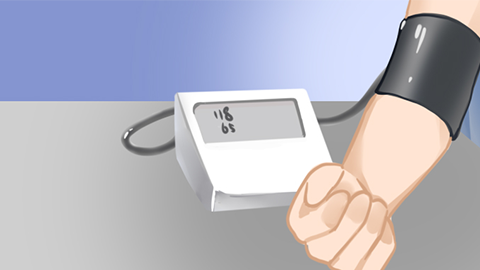Can hypertension cause nosebleeds?
Whether hypertension can cause nosebleeds needs to be determined according to the specific medical condition. Analysis is as follows:

When blood pressure suddenly rises sharply, exceeding the tolerance of the fragile blood vessels inside the nasal cavity, it can easily cause the vessels to rupture and lead to nosebleeds. Particularly in elderly individuals, the blood vessels become less elastic and more fragile. During blood pressure fluctuations, the small arteries within the nasal cavity are more prone to rupture and bleeding. Moreover, if blood pressure remains high over a long period, the walls of the blood vessels beneath the nasal mucosa continuously endure significant pressure, gradually hardening and becoming more fragile. Under minor stimuli, such as forceful nose-blowing or dry air, nosebleeds may occur.
However, not all patients with hypertension will experience nosebleeds. On one hand, hypertension presents with diverse symptoms, and manifestations can vary greatly between individuals; nosebleeds are only one of the possible symptoms, with some patients more likely to experience headaches, dizziness, or palpitations. On the other hand, if a hypertensive patient maintains good blood pressure control and keeps it consistently at appropriate levels over time, the nasal blood vessels may not be significantly affected by elevated blood pressure, thereby greatly reducing the likelihood of nosebleeds.
Hypertensive patients should regularly monitor their blood pressure, avoid strenuous exercise and significant emotional fluctuations, keep the nasal cavity moist, and seek timely medical evaluation if frequent nosebleeds occur.






